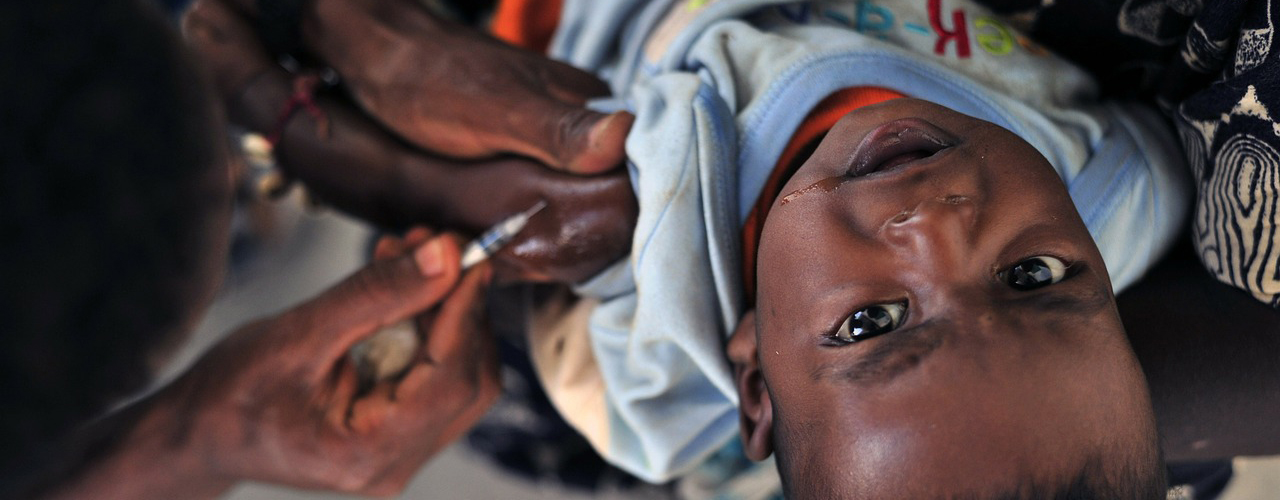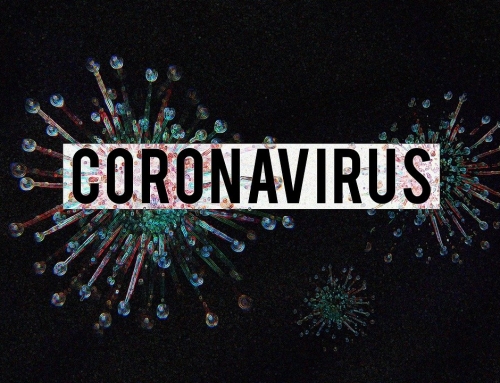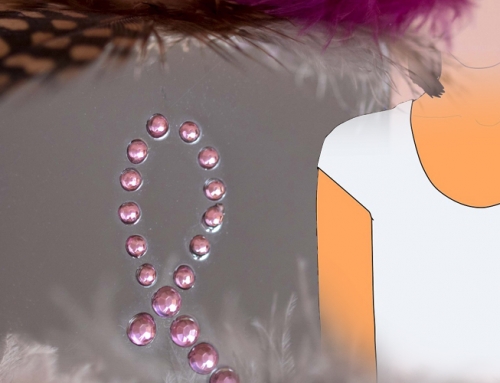As medical and public health professionals, we always try to ensure that every parent follows the routine vaccination schedule for their child as required. However, we always hear in the news of an outbreak of a preventable disease such as measles. As health professionals, we need to emphasize why it is important to vaccinate your child. Just as a refresher, here are a few tips on why your child’s vaccination is as important as it has ever been:
- Practicing good hygiene and sanitation habit and utilizing safe and clean water alone does not prevent a plethora of diseases. Vaccination plays a role in preventing diseases.
- If you do not vaccinate your child at the right time, many diseases that were once uncommon will start spreading. We start to lose the community herd immunity, and this leads to a widespread of diseases.
- The most obvious reason is to save your child’s life. Every day your child comes in contact with various diseases whether indoors or outdoors. An unvaccinated baby or child does not have matured immunity to fight a lot of diseases that they will in contact with. Immune system takes time to mature, and the vaccines helps protect the kids until their immune systems fully mature. Vaccines help to fight off the diseases and to strengthen the immune system.
- Vaccinating your child helps in protecting the health of other children and the community. So, you are actually helping the entire of your community, be it your city or in your school or circle of loved friends.
- Last but not the least, immunization saves time and money. Imagine missing out on a vaccine that leads to a disease and ultimately the treatment of the disease becomes very expensive. These costs come from our collective purse and everyone loses. Hence, prevention is better than treatment and again, vaccination is the key to prevention.
Parental Concerns
There are a number of common concerns parents have with vaccination.
- Do vaccines cause autism?
No research has proven the association to date so it does not cause autism.
- Do vaccines have side effects?
In general, vaccines can cause minor side effects such as low-grade fever and soreness at the injection site which ultimately subsides within a few days but it may vary individually according to the child.
To wrap up, it is extremely important for parents to know and stay updated with childhood vaccinations. CDC has an updated vaccination schedule for children and adolescents.
And as always remember: Vaccination = Prevention
For more information, take a look at what we are doing at the Health, Environmental Education and Awareness (HEEA) program. At the HEEA day, we educate members of our community on the relationship between the environment and public health. Experts share nuggets of life-saving health and environment information in a joyful and entertaining atmosphere. And this includes information on support for children with autism and how we can help them to live fulfilled lives within our communities. You and your family and friends can join us.
Obtaining and empowering ourselves with the latest information and research on different health conditions is important for protecting your health. I can tell you that human health is truly complex. But there is hope. There is a lot of valuable information published by health care providers, researchers and other experts from around the world. You can read these articles free and updated information on health issues affecting mothers, women, children and families and other health issues such as HIV/AIDS online at the International Journal of Maternal and Child Health and HIV/AIDS. You can also read other interesting articles on public health, medical research, and how research is changing our lives at IJTRansmed.
Useful links:
https://www.cdc.gov/vaccines/schedules/index.html
https://www.cdc.gov/vaccines/schedules/hcp/imz/child-adolescent.html
*Dr. Neha Ramjuttan is a Medical Doctor and public health volunteer at the Global Health and Education Projects, Washington, DC, USA, under the mentorship and supervision of Dr. Romuladus E. Azuine.






